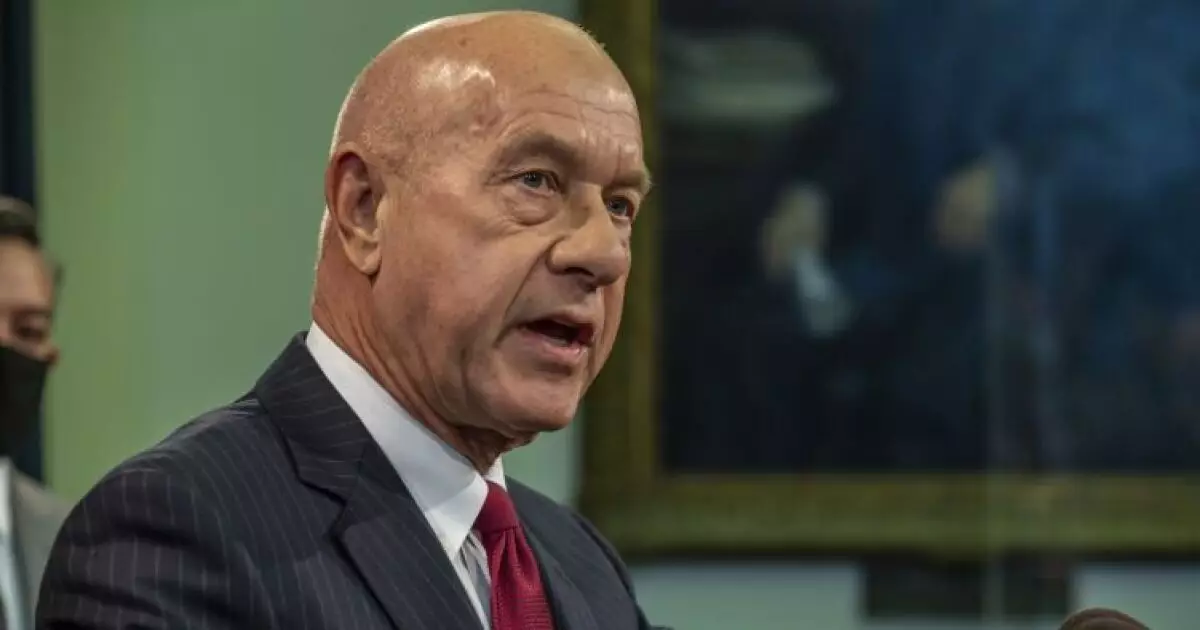The recent investor conference hosted by Houston Controller Chris Hollins has illuminated existing tensions between his office and that of Mayor John Whitmire. The event, held without participation from several key city officials, has sparked accusations surrounding fundraising ethics and transparency. The disagreement primarily revolves around corporate sponsorships, which Mayor Whitmire labeled a potential “pay-to-play” scenario, raising concerns about the propriety of accepting large contributions from corporate entities in exchange for access to city officials.
In response to the mayor’s allegations, Hollins has firmly asserted that he does not view the sponsorship practices for either his event or the mayor’s upcoming State of the City address as illegal. However, his insistence that a uniform set of rules should govern both events reflects a deeper concern regarding fairness and ethical conduct in fundraising efforts. Hollins has called for an investigation into corporate sponsorships related to Whitmire’s address, stating that the same fundraising model applied to both events. This counter-proposal highlights the contentious landscape of city governance, where mutual suspicion seems to be the norm rather than the exception.
The financial stakes are significant, with major entities like investment banks contributing sums ranging from $10,000 to $50,000 to sponsor Hollins’ event, aimed at supporting the non-profit Houston Forward Fund. In sharp contrast, the mayor’s previous address attracted over 70 sponsors, emphasizing the potential financial advantages of corporate partnerships in civic events. The mayor’s critique also referenced concerns from bond underwriting firms, suggesting that the involvement of corporate sponsors could jeopardize compliance with Securities and Exchange Commission regulations. This dimension of the conflict underscores the complexities that arise when public officials engage with private interests.
Despite the absence of crucial city officials, the investor conference reportedly garnered attendance from approximately 110 to 120 professionals. The event was framed as a platform to showcase Houston’s investment potential, indicating that such gatherings can succeed independently of mayoral support. Nonetheless, the absence of key speakers, including Mayor Whitmire, reflects the strained dynamic between the two offices, potentially impacting future collaborations and public perception of city governance.
The ongoing feud between Hollins and Whitmire navigates a larger narrative about fiscal responsibility and transparency within Houston’s administration. Both have faced scrutiny over Houston’s budgetary challenges and have presented differing viewpoints on managing city finances, particularly in light of a recent bond-financed settlement with firefighters. As tensions mount over their disparate approaches, city officials must grapple with restoring public trust and ensuring that future fundraising efforts do not fall prey to accusations of impropriety or mismanagement.
The strife between Houston’s mayor and controller exemplifies the challenges of navigating political alliances and ethical considerations within public office. As investigations loom and public scrutiny intensifies, the city’s leadership must find a productive path forward to address both fiscal challenges and public confidence in governance.

